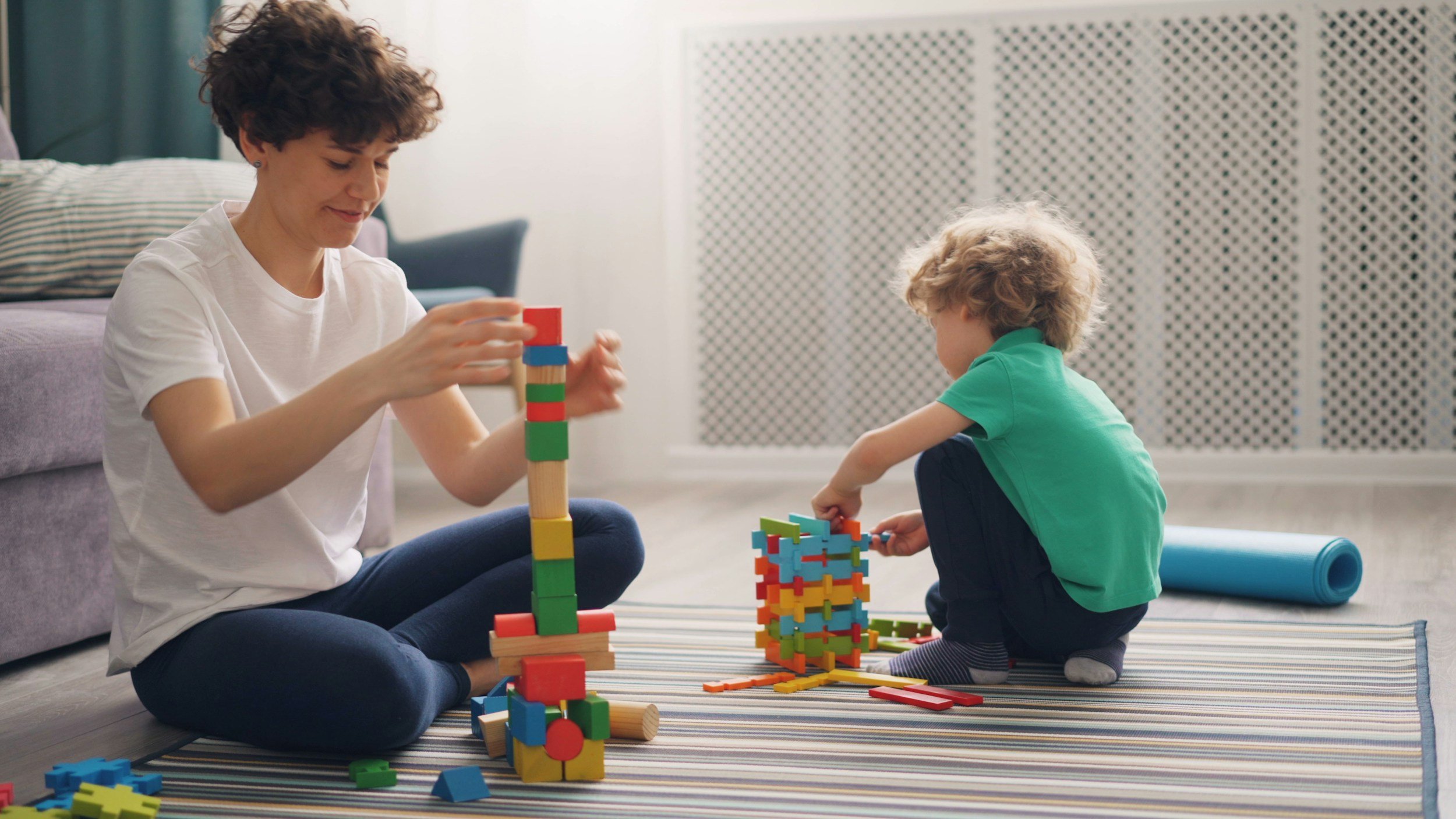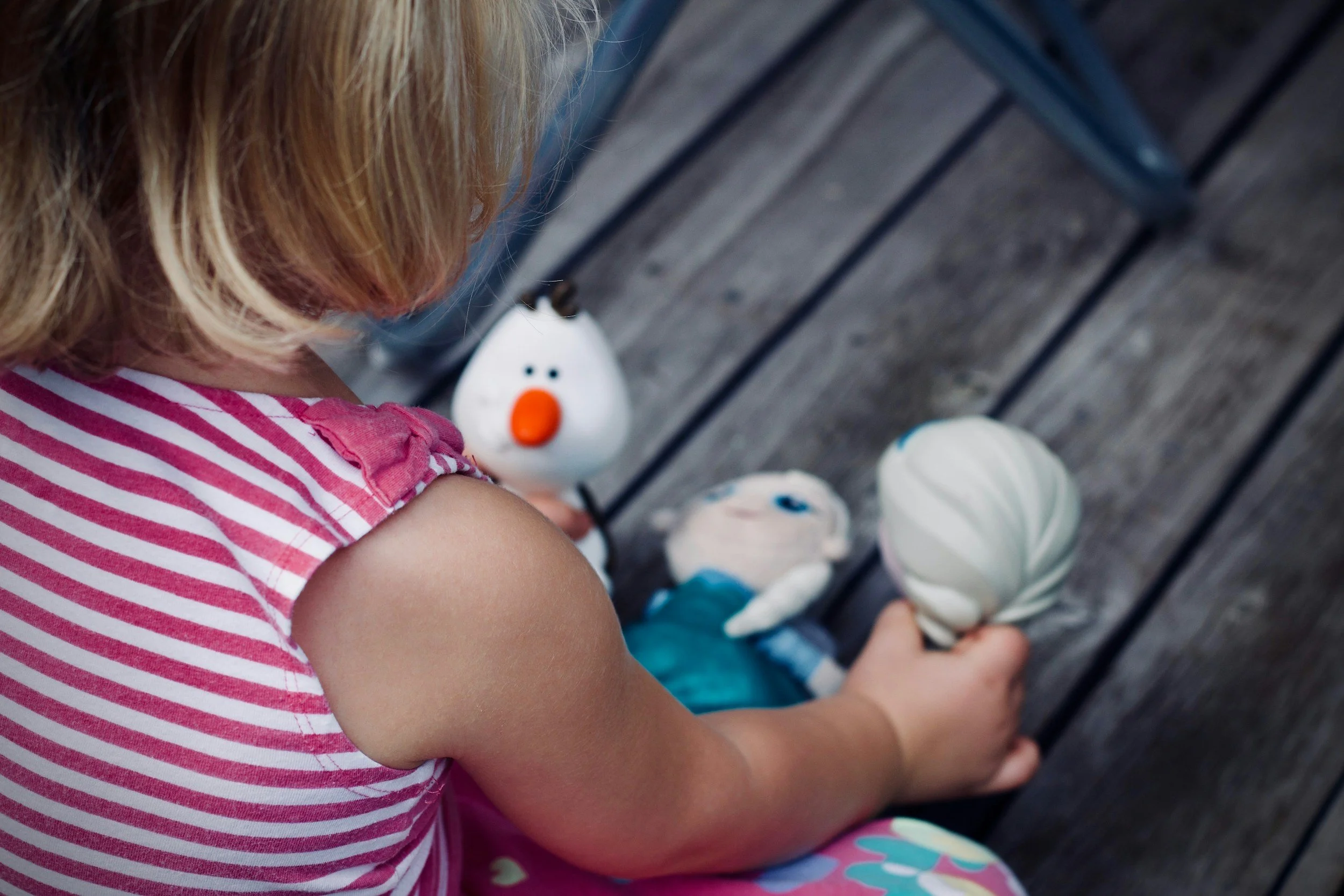
Child-Parent Psychotherapy (CPP)
Helping children heal through the power of connection.
Sometimes, the most important part of helping a child feel better isn’t what we say—it’s how we show up together. When a child has experienced trauma, stress, or big disruptions early in life, they need safety and connection more than anything. Child-Parent Psychotherapy (CPP) is a powerful, evidence-based approach designed to support young children and their caregivers together.
This isn’t “talk therapy” for kids. It’s not about fixing behavior or finding the right consequence. CPP focuses on something deeper: rebuilding the sense of trust and safety that helps children feel protected, understood, and truly seen—especially after something hard has happened.
What Is Child-Parent Psychotherapy (CPP)?
Child-Parent Psychotherapy (CPP) is a relationship-based therapy for children ages 0–6 and their caregivers who have experienced trauma, stress, or relationship difficulties. Rather than treating the child alone, CPP brings caregivers and children into the therapy room together.
In CPP, we create a safe space where children and caregivers can begin to understand each other, make sense of hard experiences, and repair emotional wounds through their relationship. It’s based on decades of research showing that children heal best within secure, loving connections.
CPP sessions are warm, playful, and grounded in the belief that every caregiver has the power to be a healing presence for their child—even in the face of pain, confusion, or past mistakes.
Why CPP Matters
When something scary or overwhelming happens in a child’s life, it can shake their sense of the world as safe. Traumatic experiences—like witnessing violence, losing a loved one, being separated from a caregiver, or living through instability—can leave lasting emotional imprints. But the good news is: healing is possible, and it starts in relationship.
Young children may not have the words to explain what they feel, but they show us in other ways—tantrums, clinginess, sleep problems, withdrawal, or regression. These are often not signs of “bad behavior,” but signs of stress or fear trying to find a way out.
CPP helps children and caregivers:
Feel safer and more connected.
Understand and manage big feelings.
Make sense of difficult experiences.
Strengthen attachment and trust.
Build healthy ways of relating, repairing, and regulating together.
“Trauma is not destiny. When a child and parent can make sense of frightening experiences together, healing becomes possible.”
— Alicia F. Lieberman, PhD
Is CPP Right for You and Your Child?
You don’t have to have all the answers—or a perfect parenting record—for CPP to help. You just have to be willing to show up and explore what healing can look like together.
Child-Parent Psychotherapy is designed for:
Children ages birth through 6 years old.
Children who have experienced trauma, including domestic violence, abuse, loss, neglect, or medical trauma.
Families going through separation, divorce, or custody changes.
Caregivers who have experienced trauma themselves and want to stop patterns from being passed on.
Children showing behavioral, emotional, or social difficulties, even if no specific trauma is known.
Child-Parent Psychotherapy is helpful when:
A parent and child struggle to bond or feel emotionally connected.
There’s tension, yelling, or miscommunication at home.
A child seems overly anxious, fearful, aggressive, or emotionally shut down.
You’re worried your child’s development has been impacted by early stress.
What Happens in a CPP Session?
CONNECT —> REFLECT —> REPAIR
Each CPP session includes both the child and their caregiver. Sessions are guided by a trained therapist and may involve play, talking, storytelling, and shared reflection. You don’t need to know what to say or do—your therapist will help guide the process in a way that feels safe and supportive.
Some elements of CPP include:
Play and storytelling to help the child express feelings and make sense of past events.
Support for the caregiver to understand the child’s behavior and emotional needs.
Helping the caregiver and child talk about and process trauma, when appropriate.
Repairing attachment ruptures by exploring miscommunications and rebuilding trust.
Creating a shared narrative, so the child doesn’t feel alone in their experience.
Everything happens at the child’s pace. The goal is never to force a conversation or revisit trauma too soon, but to slowly build emotional safety over time.
How Long Does CPP Take?
CPP is not a quick fix. Healing takes time—especially when trust has been shaken. A full course of CPP typically lasts at least 20–30 sessions and may go longer depending on the family’s needs.
But even in the early weeks, many parents say they begin to:
See their child more clearly.
Feel calmer and more confident.
Experience more warmth, closeness, and connection.
Understand behaviors in a new, more compassionate light.
Small shifts can lead to big change when connection becomes the center.
Is Child-Parent Psychotherapy (CPP) Right for Your Family?
If your child has been through something hard—or if your relationship with them just doesn’t feel like it “should”—you’re not alone. Child-Parent Psychotherapy may be a good fit if you’re looking for:
A trauma-informed approach that focuses on healing, not just behavior.
A relationship-based method where you and your child heal together.
A gentle, developmentally appropriate therapy designed for young children.
Support that helps you understand your child, not feel blamed for their behavior.
You don’t have to have all the right words. You don’t have to do it perfectly. You just have to be willing to take the first step.
Benefits of Child-Parenting Psychotherapy (CPP)
Families who participate in CPP often experience:
Improved child behavior and emotion regulation.
Reduced aggression, anxiety, or withdrawal in children.
Stronger, more secure attachment between child and caregiver.
Better communication and connection at home.
Healing from generational trauma, especially when caregivers also carry painful histories.
Perhaps most importantly, CPP helps children develop the core belief that even after something scary or painful happens, they are not alone—and their world can feel safe again.
Let’s Begin Healing Together
The journey to healing doesn’t start with a diagnosis or a parenting strategy—it starts with connection. With presence. With the courage to face hard things together, and the belief that healing is possible.
If you think Child-Parent Psychotherapy (CPP) might be right for your family, I’d be honored to support you. Reach out to book a free consultation or learn more.


